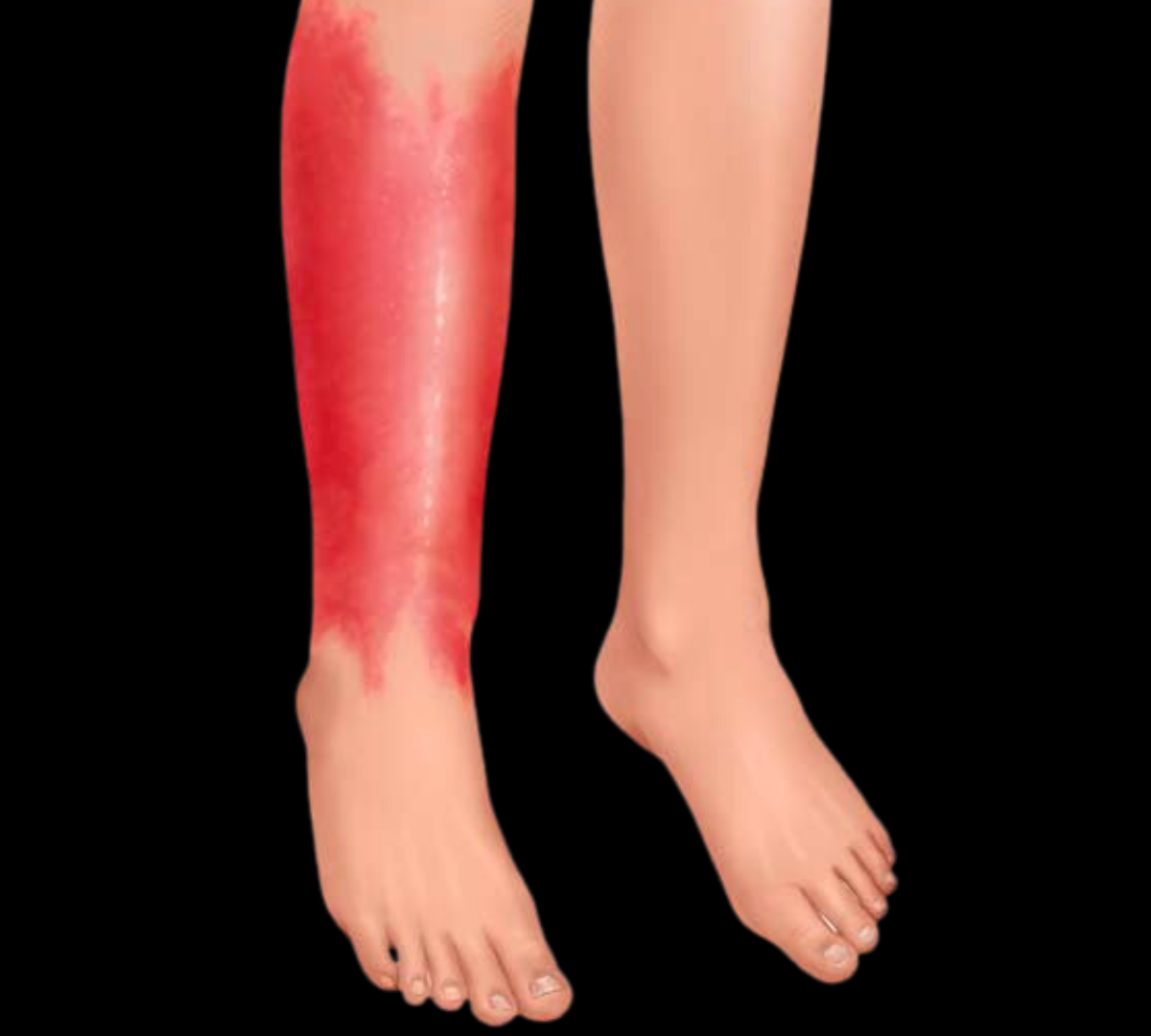- HOME
- ABOUT US
- WHAT IS AiARTHRITIS
- Diseases
- Rheumatoid Arthritis (RA)
- Psoriatic Arthritis (PsA)
- Systemic Lupus Erythematosus (SLE)
- Sjögren's Disease (SD)
- Axial Spondyloarthritis (AxSpA)
- Crohn's Disease
- Sarcoidosis
- Relapsing Polychondritis (RP)
- Systemic Sclerosis/Scleroderma (SSc)
- Behcet's Disease (BD)
- Palindromic Rheumatism (PR)
- VEXAS
- Antisynthetase Syndrome (ASS)
- Mixed Connective Tissue Disease
- JIA
- Familial Mediterranean Fever (FMF)
- HIDS (hyper-IgD syndrome, a mevalonate kinase deficiency)
- Cryopyrin-Associated Periodic Syndromes (CAPS) - Familial Cold Autoinflammatory Syndrome, Muckle-Wells Syndrome
- Schnitzler Syndrome
- Chronic Nonbacterial Osteomyelitis (CNO)/Chronic Recurrent Multifocal Osteomyelitis (CRMO)
- Still's Disease
- All Diseases
- Diseases
- OUR WORK
- RESOURCES & TOOLS
- GET INVOLVED
- CONTACT US
Familial Mediterranean Fever (FMF)



AiArthritis defines Familial Mediterranean Fever as:
Familial Mediterranean Fever (FMF) is a genetic disorder causing recurring episodes of pain and inflammation in the abdomen, chest, joints, and skin, accompanied by fever. It primarily affects people of Mediterranean descent, including Arab, Armenian, Turkish, and Sephardic Jewish populations. There are two types:
- FMF Type 1: Causes recurrent inflammation and serositis, leading to symptoms like fever, abdominal pain, joint pain, and chest pain. If untreated, it can result in kidney failure due to amyloidosis.
- FMF Type 2: Characterized by amyloidosis as the first symptom, even without other noticeable FMF symptoms.
Symptoms
Symptoms of AiArthritis Diseases Regardless of Diagnosis



Common in All AiArthritis Diseases
- Periods of worsening symptoms are called flares. A flare can last for hours, days, weeks, or months.
- Condition improves with activity and exercise and worsens with rest.
- When inflammation is left uncontrolled due to lack of proper treatment, comorbidities can develop. 70% of patients with chronic, lifelong disease will develop comorbidities, including dual or triple diagnoses.
“Auto” Symptoms
- Severe fatigue or exhaustion that may not be helped by caffeine/stimulants and can happen even after a long period of rest.
- “Brain fog” - or periods of time where thinking gets clouded and it becomes difficult to concentrate.
- Flu-like symptoms, without having the flu- nausea, muscle weakness, and general malaise.
- Fever, typically low grade in autoimmune and higher grade in autoinflammatory (% strongly varies per disease).
Reference: Early Symptoms of AiArthritis Study, AiArthritis, 2019.
Inflammatory Arthritis Symptoms
- Severe stiffness in one or more joints, especially in the morning or after sitting for long periods of time.
- Episodes of joint pain that may last for hours, days, or even weeks, that can appear and disappear suddenly. Often described as “jumping pain” into different locations.
Typically the joint pain will coincide with one or more “Auto” symptoms and start and stop suddenly - for no apparent reason (which is called a "flare"). Some people will experience all of the above symptoms, others only a few. If you have any of the arthritis features, and at least one of the “Auto” features, please consult your physician about a referral to a rheumatologist.
Symptoms Often Associated with Familial Mediterranean Fever:
- Abdominal pain
- Chest pain (pericarditis)
- Skin rash usually on the legs, resembling erysipelas (skin infection of the surface layers)
- Muscle pain and weakness
- Testicular pain
- Amyloidosis

What fellow patients want you to know
Do you have FMF? Let us know what YOU would want those others or those who are not yet diagnosed to know!
More About Familial Mediterranean Fever
Diagnosing Familial Mediterranean Fever

There’s no single definitive test that can confirm a Familial Mediterranean Fever diagnosis, so rheumatologists look at a combination of physical exam, genetic testing for MEFV gene, along with a family history of autoimmune or autoinflammatory disease and ethnicity. Although, testing for MEFV is needed, not having a mutation the gene does not rule out FMF. Doctors may also start patients on Colchicine to see how they react, if they improve, it is likely they have FMF.
Tel-Hashomer criteria are also used in diagnosis. For diagnosis, patients must have more than 1 major criteria or more than 2 minor criteria.
Major criteria:
Attacks of:
- Peritonitis (generalized)
- Pleuritis (unilateral) or pericarditis
- Monoarticular arthritis of the hip, knee, or ankle
- Fever only
- Incomplete attacks of the abdomen
Minor criteria:
- Incomplete attacks involving joints, chest, or both
- Leg pain with exertion
- Favorable response to treatment with colchicine
Typical attacks are recurrent (at least 3 episodes of the same type), febrile (rectal temperature ≥ 38° C), and short in duration (12 hours to 3 days). ncomplete attacks are painful and recurrent. They differ from typical attacks in 1 or 2 features:
- Temperature is normal or < 38° C.
- Attack lasts longer or shorter than a typical attack but is not less than 6 hours long and lasts no more than 1 week.
- There are no signs of peritonitis during abdominal attacks.
- Abdominal attacks are localized.
- Arthritis occurs in a joint other than the hip, knee, or ankle.
Notable Persons with this Disease

- Tuba Ünsal, Turkish actress
Interesting Facts about this Disease

- Ancient Condition: FMF has likely been around for thousands of years, and some ancient texts describe illnesses resembling it.
- High Carrier Frequency: In some places like Armenia, about 1 in 5 people carry a mutation related to FMF.
- Global Presence: While it's called "Mediterranean" fever, it has been found in people of various ethnicities all around the world.
Other Resources
In an effort to ensure this page has the most accurate and up-to-date information, this page is currently awaiting medical review. Some information is subject to change.
Page Last Updated: 9/1/2023
Sign up for our newsletters
International Foundation for AiArthritis
6605 Nottingham Ave.
St. Louis, MO 63109-2661
Toll Free: 1-877-609-4226
Text: 1-314-282-7214
Copyright 2024. All rights reserved. Information on this site is intended for informational purposes only Our foundation does not engage in the practice of medicine. Please consult a physician to obtain personal healthcare and treatment options. 501(c) 3 Nonprofit Tax ID: 27-1214308.


